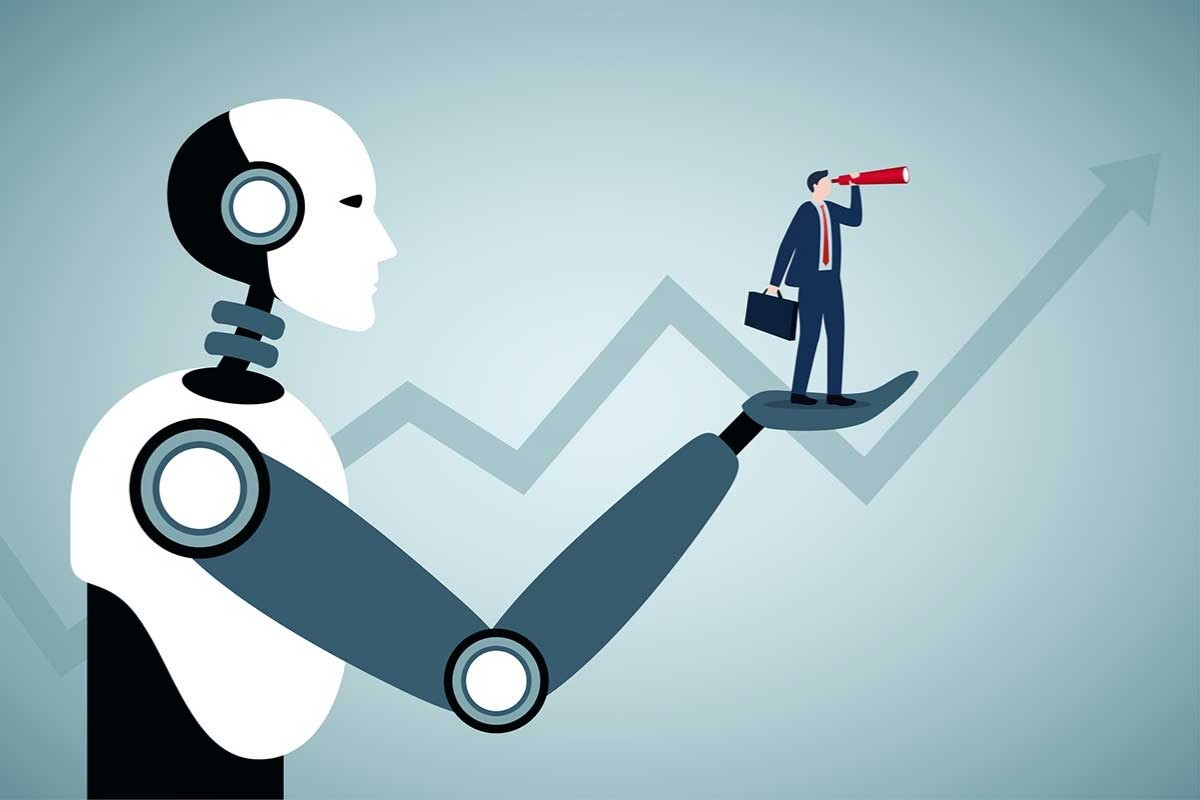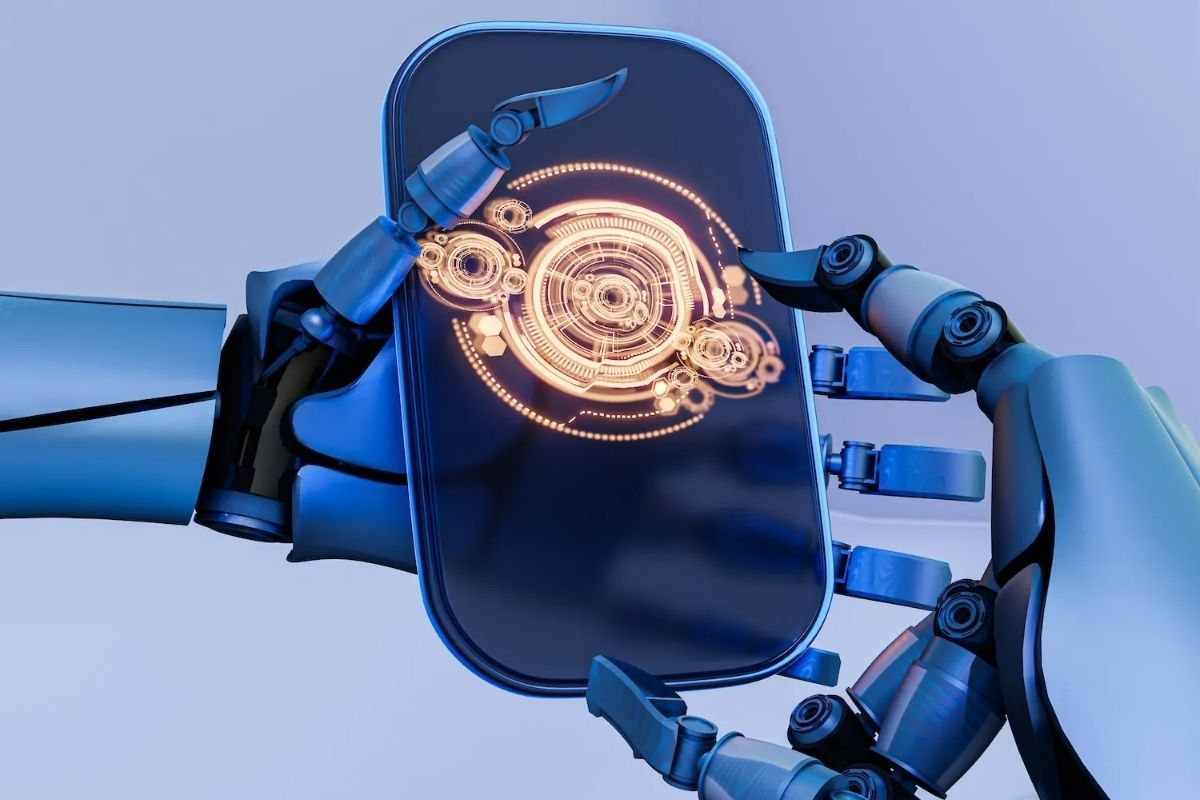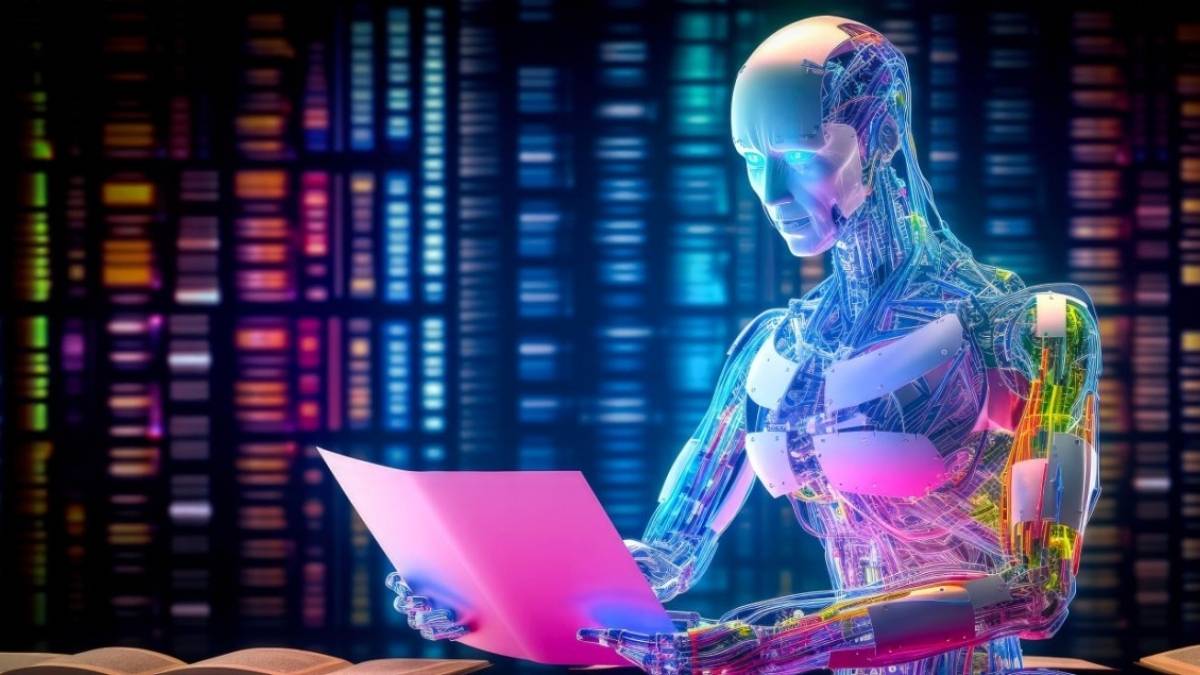Artificial Intelligence (AI) is no longer a concept of the future—it is actively transforming industries, reshaping the workforce, and redefining the American economy. From automation to deep learning, AI is revolutionizing how businesses operate and how people work. This article explores the impact of AI on jobs and industries in the United States, its benefits, challenges, and what the future holds for AI-driven innovation.
The Rise of AI in the US Economy
The adoption of AI has surged across various industries, from healthcare and finance to manufacturing and customer service. According to a report by PwC, AI is projected to contribute $15.7 trillion to the global economy by 2030, with the US positioned as a leader in AI development and implementation.
AI technologies such as machine learning, natural language processing (NLP), and robotic process automation (RPA) are helping businesses improve efficiency, reduce costs, and enhance decision-making. Companies like Google, Microsoft, and IBM are leading AI innovation, investing heavily in research and AI-driven applications.

How AI is Transforming Key Industries
1. Healthcare
AI is revolutionizing healthcare by improving diagnostics, drug discovery, and personalized treatment. Machine learning algorithms can analyze medical images with accuracy comparable to human radiologists, helping detect diseases like cancer at early stages. AI-powered chatbots and virtual assistants are also enhancing patient care by providing instant medical advice and appointment scheduling.
2. Finance
The financial sector is leveraging AI for fraud detection, algorithmic trading, and customer service automation. AI-driven chatbots assist customers with banking inquiries, while predictive analytics help financial institutions assess risks and make informed investment decisions. AI also enhances cybersecurity by identifying unusual transaction patterns and preventing fraud.
3. Manufacturing
AI-powered robotics and automation are increasing efficiency in manufacturing by optimizing production lines and reducing errors. Smart factories use AI-driven predictive maintenance to prevent machinery breakdowns, saving companies millions in operational costs. Tesla and General Motors are incorporating AI into their production processes to streamline vehicle assembly.
4. Retail and E-Commerce
AI is reshaping the retail industry by enhancing customer experiences through personalized recommendations, chatbots, and automated inventory management. Amazon and Walmart utilize AI-powered logistics to improve supply chain efficiency, ensuring faster deliveries and reduced operational costs.
5. Education
AI-powered adaptive learning platforms are transforming education by personalizing learning experiences for students. Platforms like Coursera and Duolingo use AI to tailor courses based on a learner’s pace and preferences. AI-driven grading systems also help teachers assess student performance efficiently.
6. Transportation and Logistics
Self-driving technology is a major AI advancement in the transportation sector. Companies like Tesla, Waymo, and Uber are developing autonomous vehicles that could revolutionize mobility. AI-powered route optimization is also improving logistics and reducing delivery times for companies like FedEx and UPS.

AI and the American Workforce: Job Creation vs. Job Displacement
One of the biggest concerns about AI adoption is its impact on jobs. While automation is expected to replace some roles, it will also create new opportunities in AI development, data science, and cybersecurity.
Jobs at Risk
Certain repetitive and manual jobs are at high risk of automation, including:
- Manufacturing and assembly line workers
- Customer service representatives
- Data entry clerks
- Retail cashiers
Emerging AI-Driven Jobs
AI is also creating new career opportunities in fields such as:
- AI and machine learning engineering
- Data science and analytics
- Cybersecurity specialists
- AI ethics and compliance officers
- Robotics engineering
To prepare for this shift, workers need to upskill in AI-related fields through certifications, online courses, and higher education programs.
The Challenges and Ethical Concerns of AI
While AI presents immense benefits, it also comes with challenges:
- Bias in AI Algorithms: AI systems can inherit biases from training data, leading to discrimination in hiring, lending, and law enforcement.
- Privacy and Security Risks: AI-powered surveillance and data collection raise concerns about personal privacy.
- Job Displacement: The automation of jobs could widen the gap between high-skilled and low-skilled workers.
- Regulatory and Ethical Concerns: The need for AI regulation is growing to ensure transparency and fairness in AI applications.
The Future of AI in America
The US government and tech industry are actively shaping the future of AI through investments and policies. The Biden administration has emphasized AI research funding, while companies like OpenAI and DeepMind continue pushing the boundaries of AI innovation.
Looking ahead, AI will play a crucial role in:
- Advancing scientific research: AI is helping scientists make breakthroughs in climate modeling, drug discovery, and space exploration.
- Improving public services: AI can enhance efficiency in government operations, from traffic management to social services.
- Enhancing cybersecurity: AI-driven threat detection is crucial in defending against cyberattacks.
AI is revolutionizing jobs and industries in America, presenting both opportunities and challenges. While automation may replace some roles, it will also create new jobs and drive innovation. Preparing for this AI-driven future requires investment in education, ethical AI development, and proactive workforce adaptation. As AI continues to evolve, its role in shaping the American economy will be more significant than ever.


